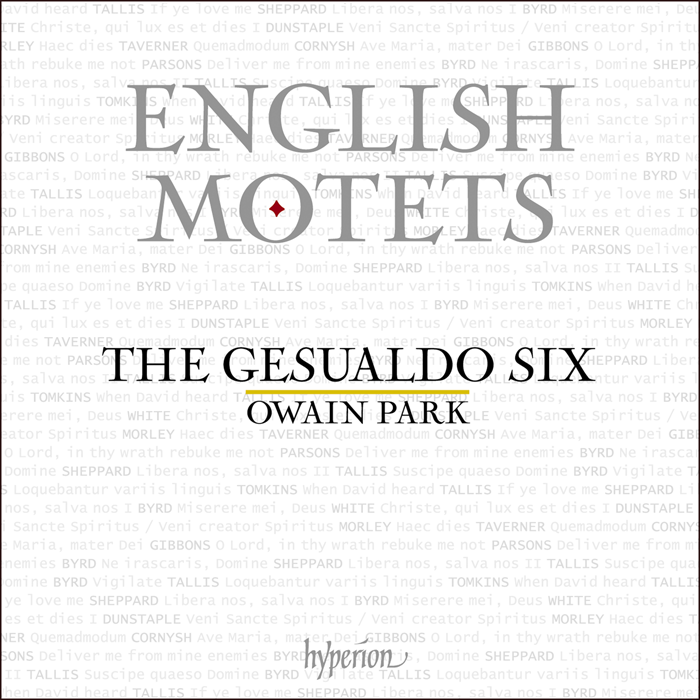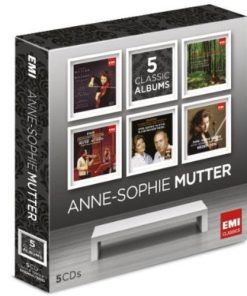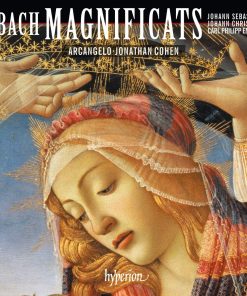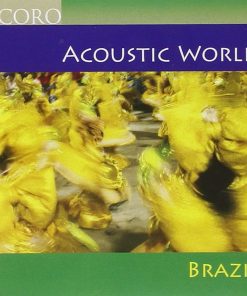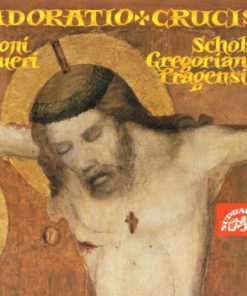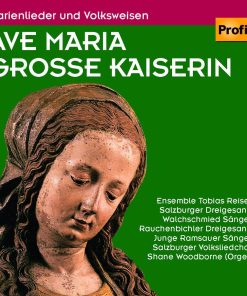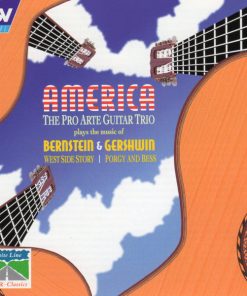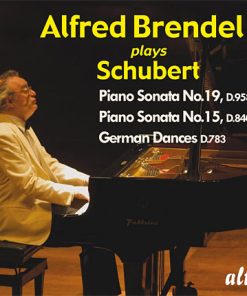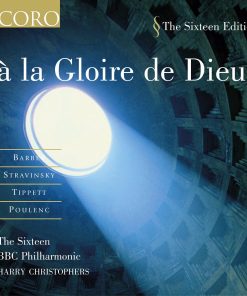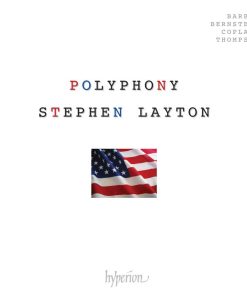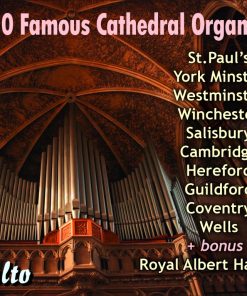English Motets – Gesualdo Six Hyperion
$ 20,99 $ 12,59

‘The vocal quality is very fine, not to say superb, and when the music calls for an extrovert approach (as do Byrd’s Vigilate or, very differently, Dunstable’s four-voice Veni Sancte Spiritus) the singers respond with an athleticism and a feel for pacing that isn’t perhaps so common. The close miking does justice to the contrapuntal details, maintaining clarity in all but the densest writing’ (Gramophone)
‘It’s all exquisitely done, collegiate smoothness and blend to the fore. And what blend! The harmonic voicing is immaculate yet always sensitive to the imperatives of the polyphonic flow—witness the plight of Jerusalem, conveyed with such honeyed heart-breaking simplicity, in Byrd’s Ne irascaris, Domine. Haunting too is the hushed restraint of Robert White’s Compline hymn. Weavers of rich and plangent tapestries, The Gesualdo Six meld style and substance with beguiling sure-footedness. An auspicious debut’ (BBC Music Magazine)

1
Suscipe quaeso Domine[10’13]Thomas Tallis (c1505-1585)
2
Vigilate[4’08]William Byrd (1539/40-1623)
3
Loquebantur variis linguis[4’16]Thomas Tallis (c1505-1585)
4
When David heard[5’12]Thomas Tomkins (1572-1656)
5
If ye love me[2’44]Thomas Tallis (c1505-1585)
6
Libera nos, salva nos I[3’59]John Sheppard (c1515-1558)
7
Miserere mei, Deus[3’26]William Byrd (1539/40-1623)
8
Christe, qui lux es et dies I[4’40]Robert White (c1538-November 1574)
9
Veni Sancte Spiritus / Veni creator Spiritus[5’29]John Dunstaple (c1390-1453)
10
Haec dies[1’59]Thomas Morley (1557/8-1602)
11
Quemadmodum[5’53]John Taverner (c1490-1545)
12
Ave Maria, mater Dei[2’42]William Cornysh (dc1502)
13
O Lord, in thy wrath rebuke me not[3’47]Orlando Gibbons (1583-1625)
14
Deliver me from mine enemies[2’27]Robert Parsons (c1535-1572)
Ne irascaris, Domine[9’37]William Byrd (1539/40-1623)
15
Ne irascaris, Domine[4’23]16
Civitas sancti tui[5’14]17
Libera nos, salva nos II[2’25]John Sheppard (c1515-1558)

The versatile Owain Park adds another two roles—those of singer and director—to his burgeoning Hyperion discography, while The Gesualdo Six make their label debut. Their programme of motets ranges widely across the religious musical landscapes of medieval and Tudor England.
Fast Shipping and Professional Packing
Due to our longstanding partnership with UPS FedEx DHL and other leading international carriers, we are able to provide a range of shipping options. Our warehouse staff are highly trained to pack your goods exactly according to the specifications that we supply. Your goods will undergo a thorough examination and will be safely packaged prior to being sent out. Everyday we deliver hundreds of packages to our customers from all over the world. This is an indication of our dedication to being the largest online retailer worldwide. Warehouses and distribution centers can be located in Europe as well as the USA.
Orders with more than 1 item are assigned processing periods for each item.
Before shipment, all ordered products will be thoroughly inspected. Today, most orders will be shipped within 48 hours. The estimated delivery time is between 3-7 days.
Returns
The stock is constantly changing. It's not entirely managed by us since we are involved with multiple parties such as the factory and our storage. The actual stock can fluctuate at any time. Please understand it may happen that your order will be out of stock when the order is placed.
Our policy is valid for 30 days. If you haven't received your product within 30 days, we're not able to issue either a return or exchange.
You are able to return a product if it is unused and in the same condition when you received it. It must also still remain in the original packaging.
Related products
MUSIC CD
MUSIC CD
MUSIC CD
